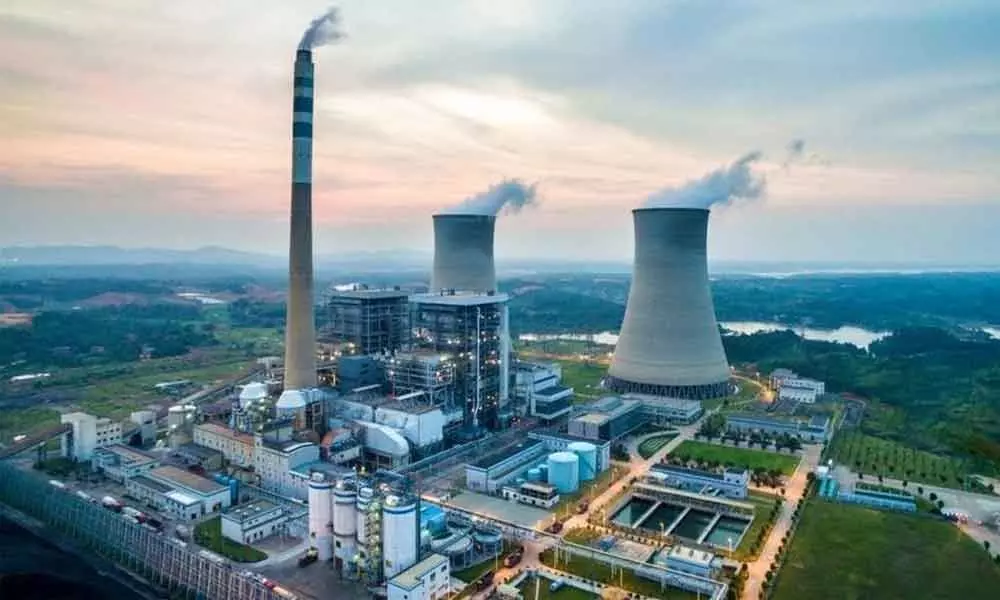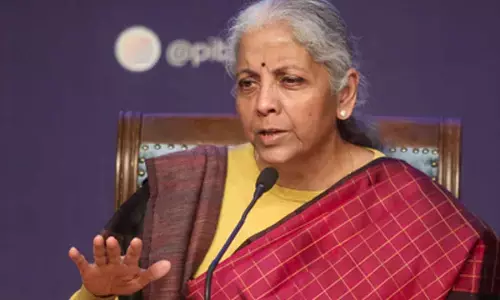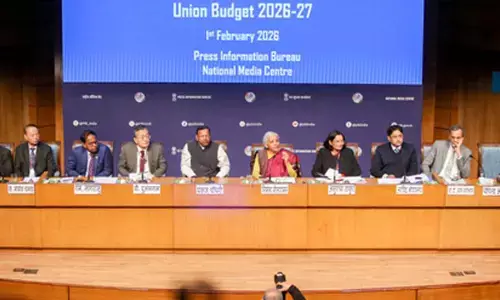Why draft EIA 2020 needs a revaluation

Why draft EIA 2020 needs a revaluation
There is a list of the selected projects in the new draft that have been proposed to be exempted from public participation.
There is a list of the selected projects in the new draft that have been proposed to be exempted from public participation. Modernisation or irrigation projects, all building constructions and area development projects, expansion or widening of national highways, all projects concerning national defence and security, are part of the list. The time allotted for public hearings has been reduced to expedite the process. The novel coronavirus disease (Covid-19) pandemic has restricted movement and social gatherings. All these factors have made it difficult for people living in rural and tribal areas to participate and share their concerns. They are most often directly impacted by such projects. The second way in which this proposal tries to curtail rights of the communities is by legalising projects that have already caused a great deal of harm and have been operating without approvals from the EIA.
The new draft Environment Impact Assessment (EIA) 2020 proposed by the Union government is a regressive departure from the 2006 version that it seeks to replace. It is an attempt to weaken environmental regulation and silence affected communities.
The draft seems to favour the industries and seems to be largely neglecting the balance between sustainable development and environment protection. The Union government, on the contrary, argues that the new draft will reinforce transparency and expedite the process.
What is Environment Impact Assessment?
Environment impact assessment is a process under the Environment (Protection) Act, 1986, which prevents industrial and infrastructural projects from being approved without proper oversight. This process ensures that every project should go through the EIA process for obtaining prior environmental clearance.
EIA covers projects such as mining of coal or other minerals, infrastructure development, thermal, nuclear and hydropower projects, real estate and other industrial projects. The projects are assessed based on their potential impact on the environment. Based on the assessments, they are granted or denied environmental clearance by a panel of experts.
There are several loopholes in draft EIA 2020. The EIA new draft 2020 allows post-facto clearance. This means that even if a project has come up without environment safeguards or without getting environment clearances, it could carry out operation under the provision of the new draft EIA 2020.
This is disastrous because we already have several projects that are running without EIA clearances. An example is the LG Polymer Plant in Vishakhapatnam, where the styrene gas leak happened on May 7. It was revealed that the plant had been running for over two decades without clearances.
A similar incident was reported on May 27, where due to poor adherence of environment norms, the natural gas of Oil India Limited in eastern Assam's Tinsukia district had a blowout and caught fire. This caused severe damage to the livelihoods in the region rich with biodiversity.
The State Pollution Board, Assam, had reported that the oil plant had been operating for over 15 years without obtaining prior consent from the board.
There are also two crucial ways in which the new draft endeavours to take power away from communities. First, it reduces the space available for public participation, thereby abandoning public trust.
Public participation has been crucial in the EIA process and has significantly helped communities to not only get information about the projects being proposed in their areas, but also to speak about their concerns regarding the projects.
Manohar Chawhan, a tribal rights activist working on the issues of forest governance in scheduled areas across Odisha and Chhattisgarh, said, "The new draft will strengthen discretionary power of government while restraining public engagement in safeguarding the environment."
Reacting to the draft, Joy Daniel Pradhan, a Delhi-based independent researcher, said, "Weakening the EIA process means abating democracy. The draft EIA grossly neglects consultation with the affected communities. To limit public consultation means to silence voices that are barely heard otherwise."
There is a list of the selected projects in the new draft that have been proposed to be exempted from public participation. Modernisation or irrigation projects, all building constructions and area development projects, expansion or widening of national highways, all projects concerning national defence and security, are part of the list.
The time allotted for public hearings has been reduced to expedite the process. The novel coronavirus disease (Covid-19) pandemic has restricted movement and social gatherings.
All these factors have made it difficult for people living in rural and tribal areas to participate and share their concerns. They are most often directly impacted by such projects.
The second way in which this proposal tries to curtail rights of the communities is by legalising projects that have already caused a great deal of harm and have been operating without approvals from the EIA.
By allowing such projects to come back and take environmental approvals under the EIA process, the government is fundamentally sanctioning illegal projects. The new draft is a reiteration of a March 2017 notification for projects operating without clearance.
In short, the new draft EIA 2020 is anti-environment and anti-people Act. Experts say it is a trick to regularise large-scale environmental violations.
The authorities were earlier mandated to monitor projects for compliance with environmental norms every six months. "It has been now been proposed to relax the monitoring frequency to once a year," said Kanchi Kohli, legal researcher at the Centre for Policy Researcher.
"Shorter processing times pose both institutional challenges and the quality of participation." According to environmentalist Vikrant Tongad: "The draft is a compilation of violations. The monitoring mechanism is faulty as the compliance report will be filed by the project proponents themselves. This will create a lot of room for discrepancies."
We need much stronger laws to protect the environment and to ensure that natural resources are available to the poorest who need them the most. There are a large number of communities like Adivasis, peasants and coastal and fisher communities whose lives mainly depend on the state of the environment. Any drastic changes in EIA will have a direct impact on the living and working conditions of these people and the ecology.
If the government is not acknowledging the urgent need to come up with the environment and people-friendly laws, we must demand the parliamentary standing committee on environment and forest to take up the task.
We don't need more man-made disasters. The present EIA draft of 2020 needs to be challenged on keeping the core provision of doing an environment impact assessment before operation of a project, as well as disallowing any project without a proper EIA.
(Courtesy: Down To Earth)














